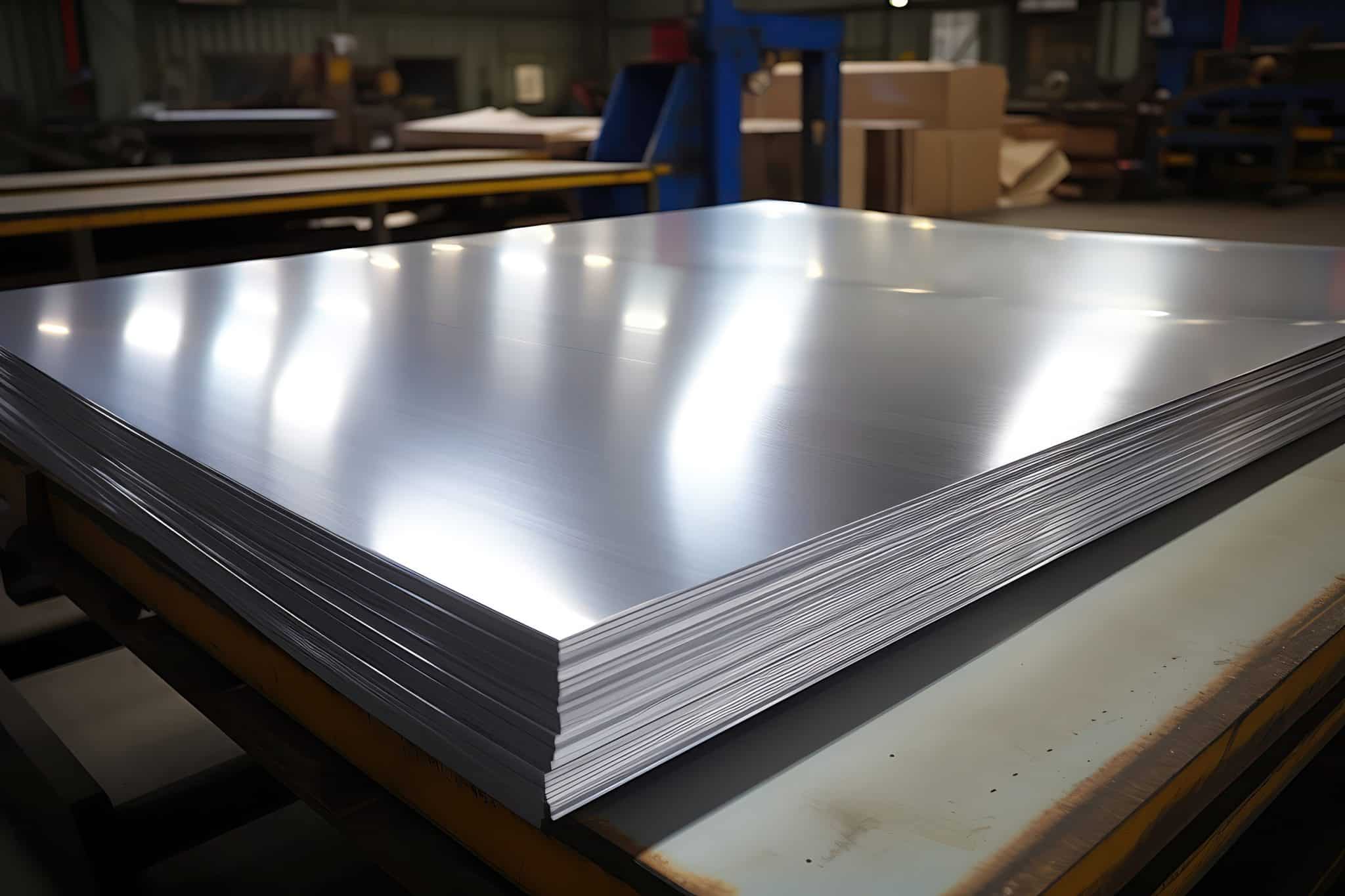Image Credit: ivandanru/123rf.com
In a significant breakthrough in the fight against climate change, researchers at Northwestern University, in collaboration with the cement manufacturer Cemex, have developed a novel method for producing sustainable cement using seawater. This innovative process could potentially transform one of the world’s largest sources of carbon emissions into a carbon-negative solution.
Cement production currently accounts for approximately eight percent of global carbon dioxide emissions, making it the fourth-largest contributor to CO2 pollution. The new technique, detailed in the journal *Advanced Sustainable Systems*, utilizes seawater electrolysis, a process that involves passing an electric current through seawater to separate its components into hydrogen, chlorine, and oxygen gases. More importantly, this process also generates calcium carbonate, a key ingredient in cement.
Historically, the minerals produced during seawater electrolysis were seen as a byproduct with little value; however, the researchers have identified their potential as critical resources for sustainable cement manufacturing. By focusing on optimizing the mineral formation process, the team experimented with various conditions, such as voltage, pH levels, and carbon dioxide injection rates, to enhance the quality and quantity of the resulting minerals.
The research highlights a promising prospect: if this method is powered by renewable energy, it could not only reduce emissions associated with cement production but also sequester carbon dioxide from the atmosphere. The minerals formed during the electrolysis process can trap CO2, effectively locking it away for extended periods, thereby contributing to efforts to mitigate climate change.
While the technique is not yet ready for large-scale industrial production, the findings represent a crucial step toward developing a more sustainable construction industry. By harnessing resources available in the ocean and reducing reliance on traditional limestone mining, this approach offers a pathway for producing environmentally friendly materials for various construction applications.
As the global community seeks innovative solutions to combat climate change, the development of seawater-based cement production emerges as a hopeful model for transitioning from carbon-intensive practices to more sustainable alternatives. This research not only addresses the environmental challenges posed by cement manufacturing but also highlights the potential for reimagining waste and resources in the pursuit of a more resilient future.
Check out the original article here: Source link



